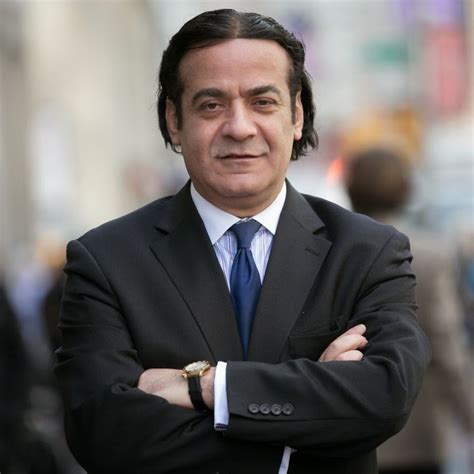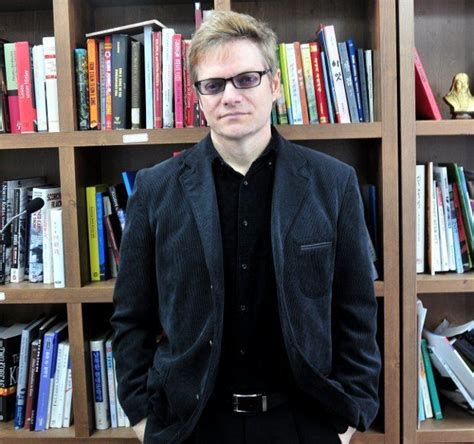A Quote by Michael Ignatieff
Communism may be over as an economic system, but as a model of state domination, it is very much alive in the People's Republic of China and in Putin's police state.
Related Quotes
I hate extremes of any kind. Communism [seeks] the domination of the state over the individual... All my life I have stood against banning Communism or other extremist organisations because, if you do that, they go underground and it gives them an excitement that they don't get if they are allowed to pursue their policies openly. We'll beat them into the ground on argument...
Russia and China have maintained that people prize stability over freedom and that as long as the central State creates conditions for economic growth, people will be complacent and will be willing to literally sell away their rights. In fact, this very economic growth will eventually catch up with these regimes.
The Baathist state did two things extremely well. One was create information-gathering intelligence networks and a filing system. There's actually a lot of information on a lot of people and that is a major achievement of a police state. The second one is the promotion of literature and poetry, and the arts generally. So this is a state that's producing mass police archives - surveillance - and poetry. And in fact a lot of the archives are about what poets are writing or what they should be writing.
There are few problems in the world that economic prosperitycannot help solve. Yet the engines of that prosperity are under fierceattack. The forces that seek power over others have gained the upperhand against those that seek freedom. By harming wealth creation,they cause even more strain on society. Historically, this is nothingnew. State domination over its subjects has roots that connect statism,totalitarianism, communism, and socialism to more modern-day variantsof liberalism and progressivism. It is a constant fight and we mustwin.
The challenges that young people are mobilizing against oppressive societies all over the globe are being met with a state-sponsored violence that is about more than police brutality. This is especially clear in the United States, given its transformation from a social state to a warfare state, from a state that once embraced a semblance of the social contract to one that no longer has a language for justice, community and solidarity - a state in which the bonds of fear and commodification have replaced the bonds of civic responsibility and democratic vision.
The China of the 1970s was a communist dictatorship. The China of the twenty-first century is a one-party state without a firm ideological foundation, more similar to Mexico under the PRI than Russia under Stalin. But the measurement of the political and the economic evolution has not yet been completed, and is one of the weak points of the system.

































